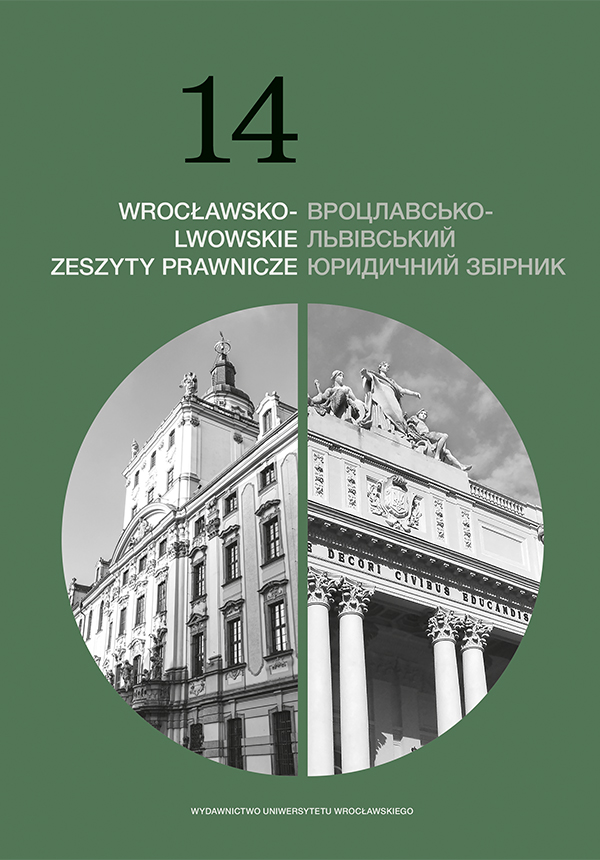„Uprzejmie donoszę” — metody pracy tajnych informatorów wobec kleru katolickiego w okresie Polskiej Rzeczypospolitej Ludowej na terenie Dolnego Śląska
“I politely report” — Secret informants' methods against Catholic clergy during the period of the Polish People’s Republic in Lower Silesia
Author(s): EDYTA WŁODARCZYK-CZECHSubject(s): History, Recent History (1900 till today), Post-War period (1950 - 1989)
Published by: Wydawnictwo Uniwersytetu Wrocławskiego
Keywords: agents; clergy; surveillance; Catholic Church; Polish People’s Republic; Security Service; secret collaborators; monks; religious orders
Summary/Abstract: Among all the organisations operating in the Polish People’s Republic, religious associations — which were guided by a doctrine completely different from the Marxist-Leninist thought propagated at the time — were particularly important for the communists. Hence, the Catholic Church, as the largest church in Poland, was of interest to the Security Service throughout the entire period of the Polish People’s Republic.The aim of this article is to present one of the forms of surveillance of the Catholic Church as an institution and of specific ecclesiastical or monastic establishments, as well as specific individuals. This form consists of building a network of secret collaborators responsible for obtaining information and passing it on directly to officers of the Security Service (the Security Department).The acquisition of secret collaborators involved several stages, namely: selection, preparation (the creation of a psychological profile, determination of the basis for recruitment, preparation of a recruitment plan), contact with the candidate and recruitment.Candidates for secret collaboration were selected based on available materials on their compromising moral deeds, statements hostile to communist authorities and/or the USSR. In addition, attention was paid to the candidate’s negative personality traits (e.g. pride, greed, excessive ego) and “material interests.”The article uses archival documents of the Institute of National Remembrance (Branch in Wrocław) and the archival documents of the Institute of National Remembrance (Branch Office for Sharing and Archiving Document in Warsaw). Additionally, the author analysed and used many scholarly publications on this subject.
Journal: Wrocławsko-Lwowskie Zeszyty Prawnicze
- Issue Year: 14/2023
- Issue No: 1
- Page Range: 75-94
- Page Count: 20
- Language: Polish

